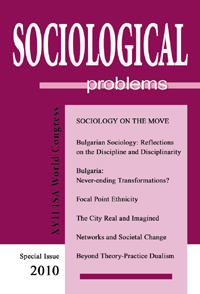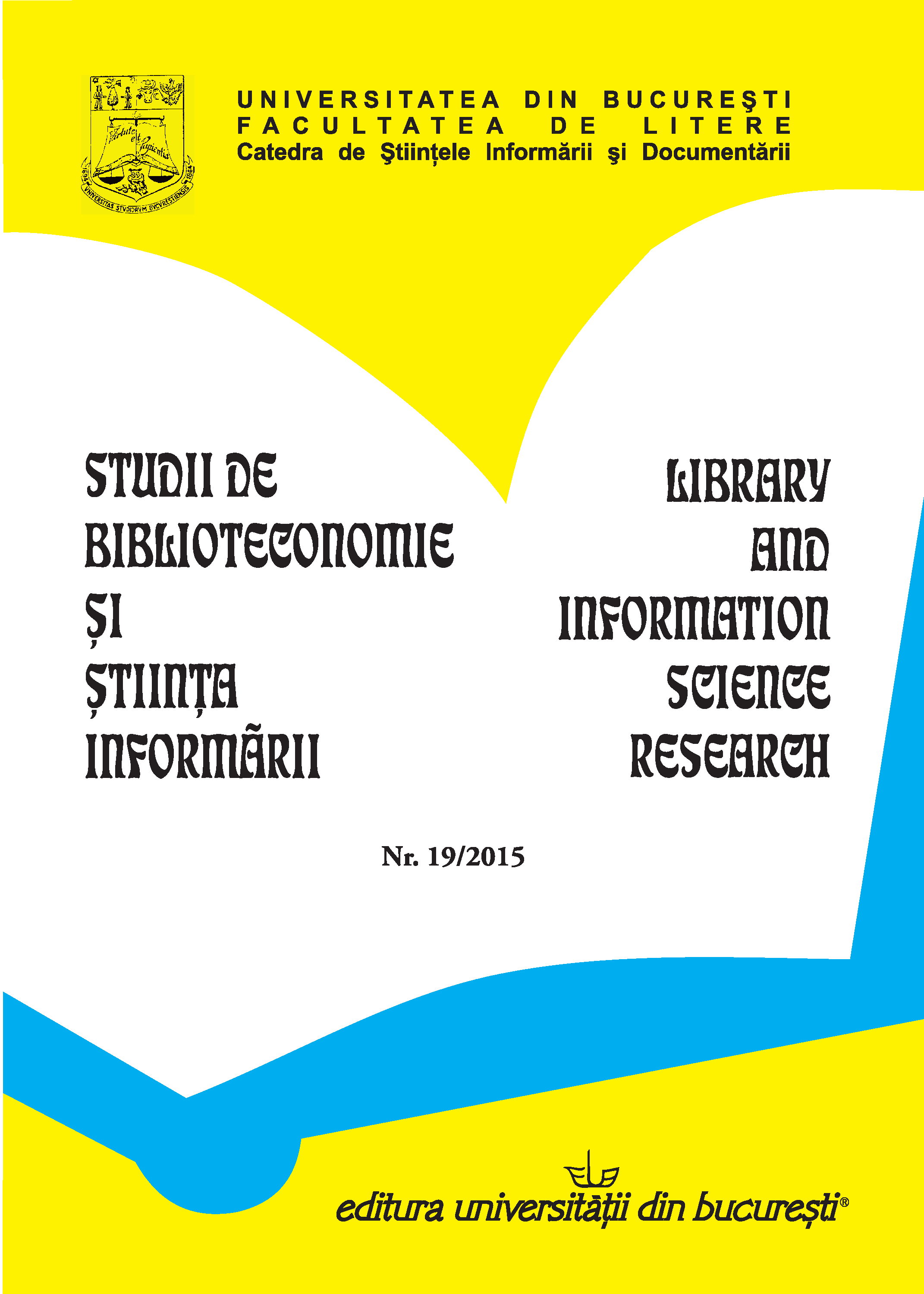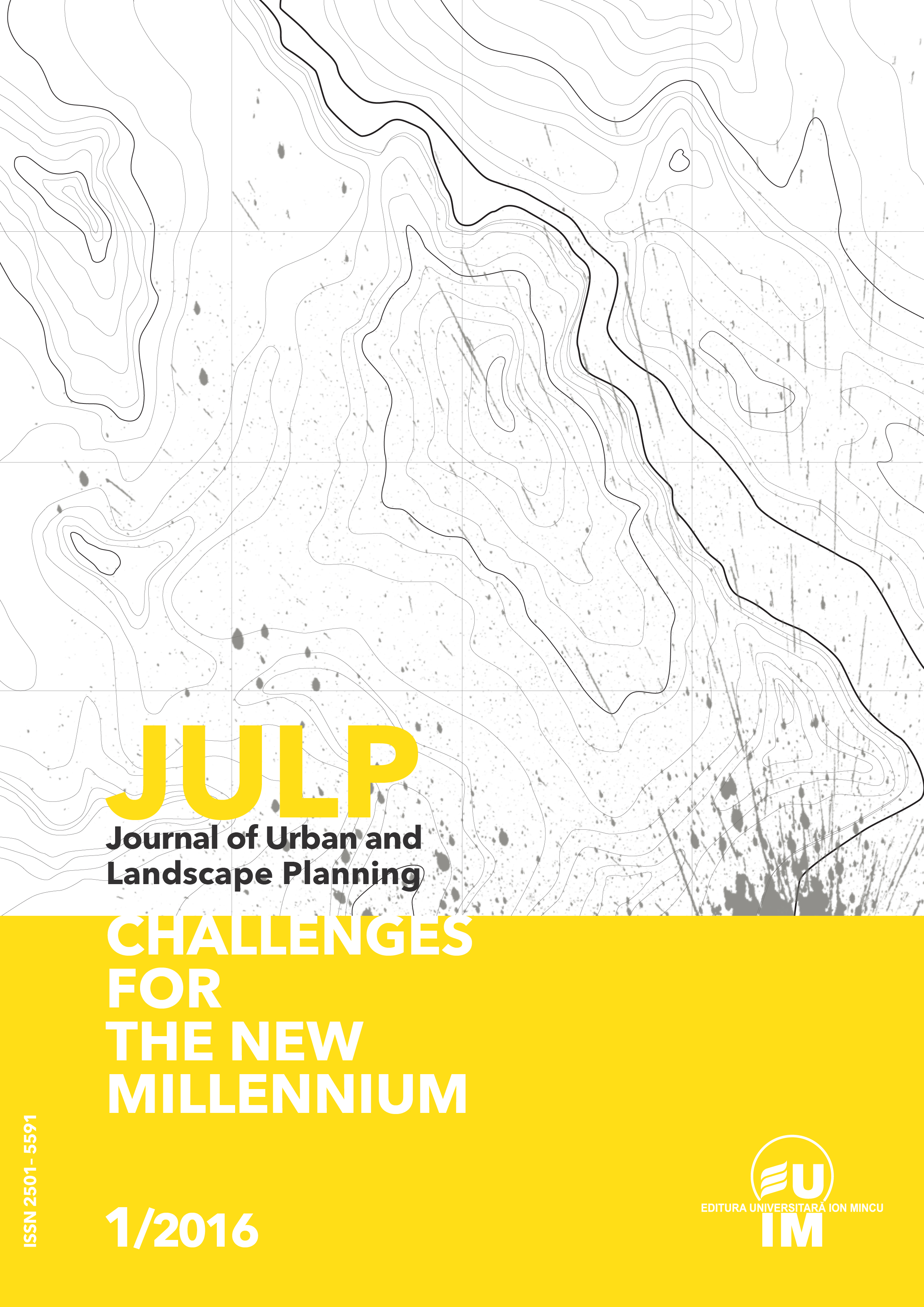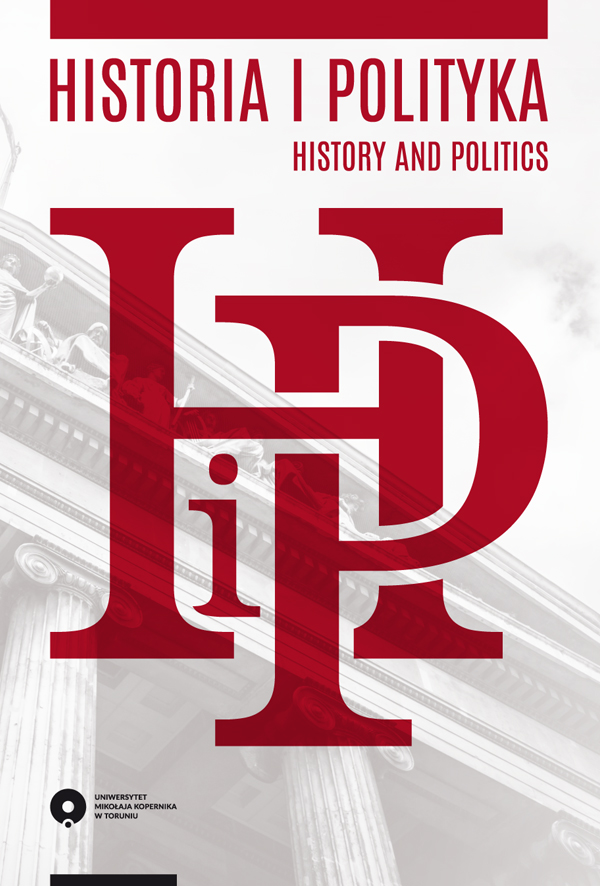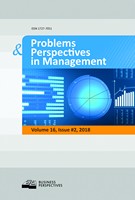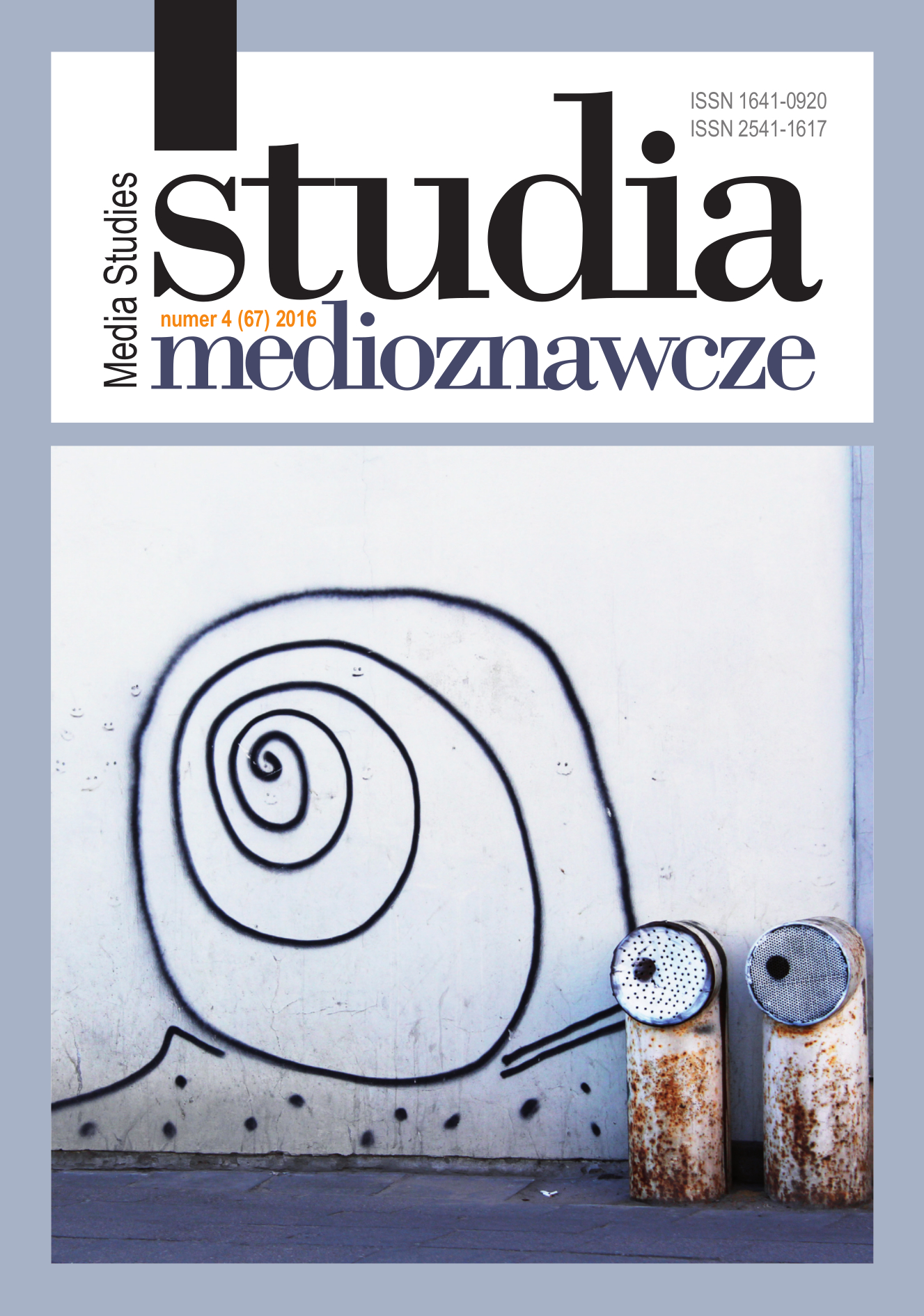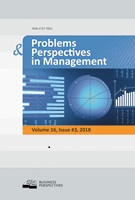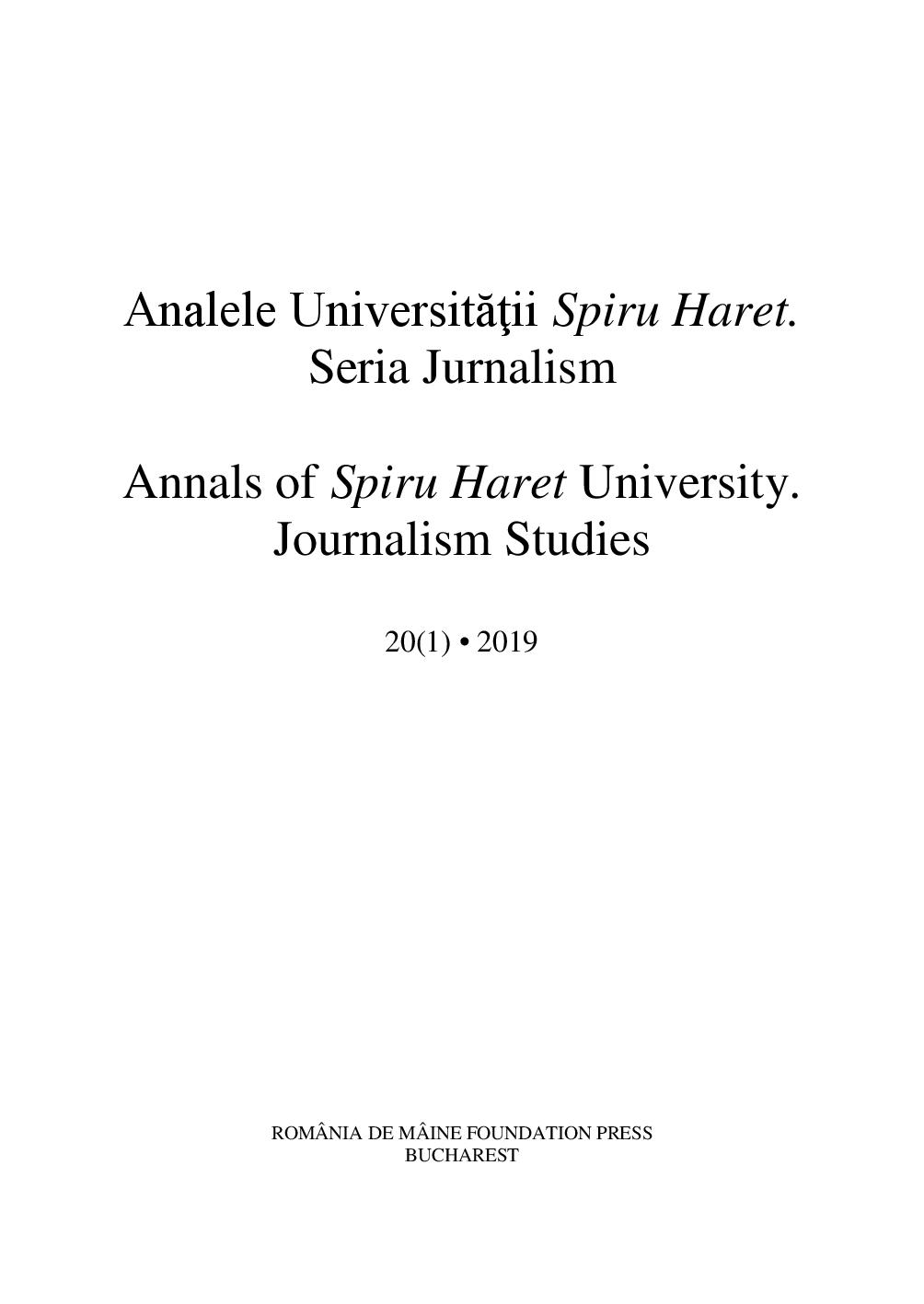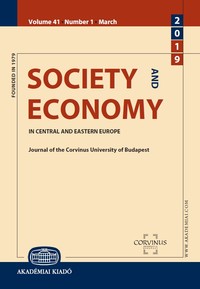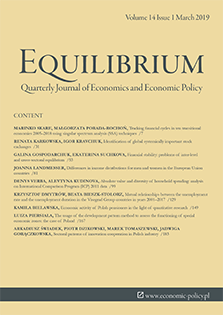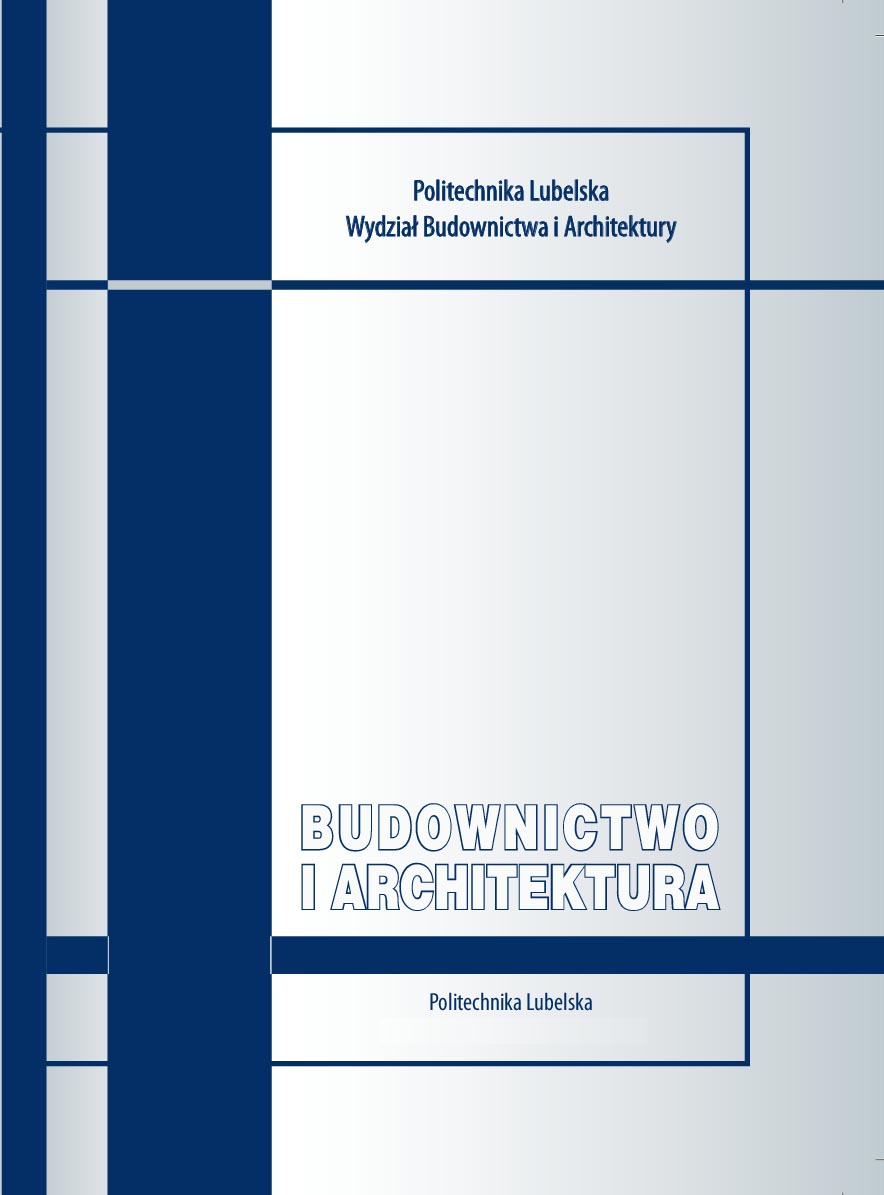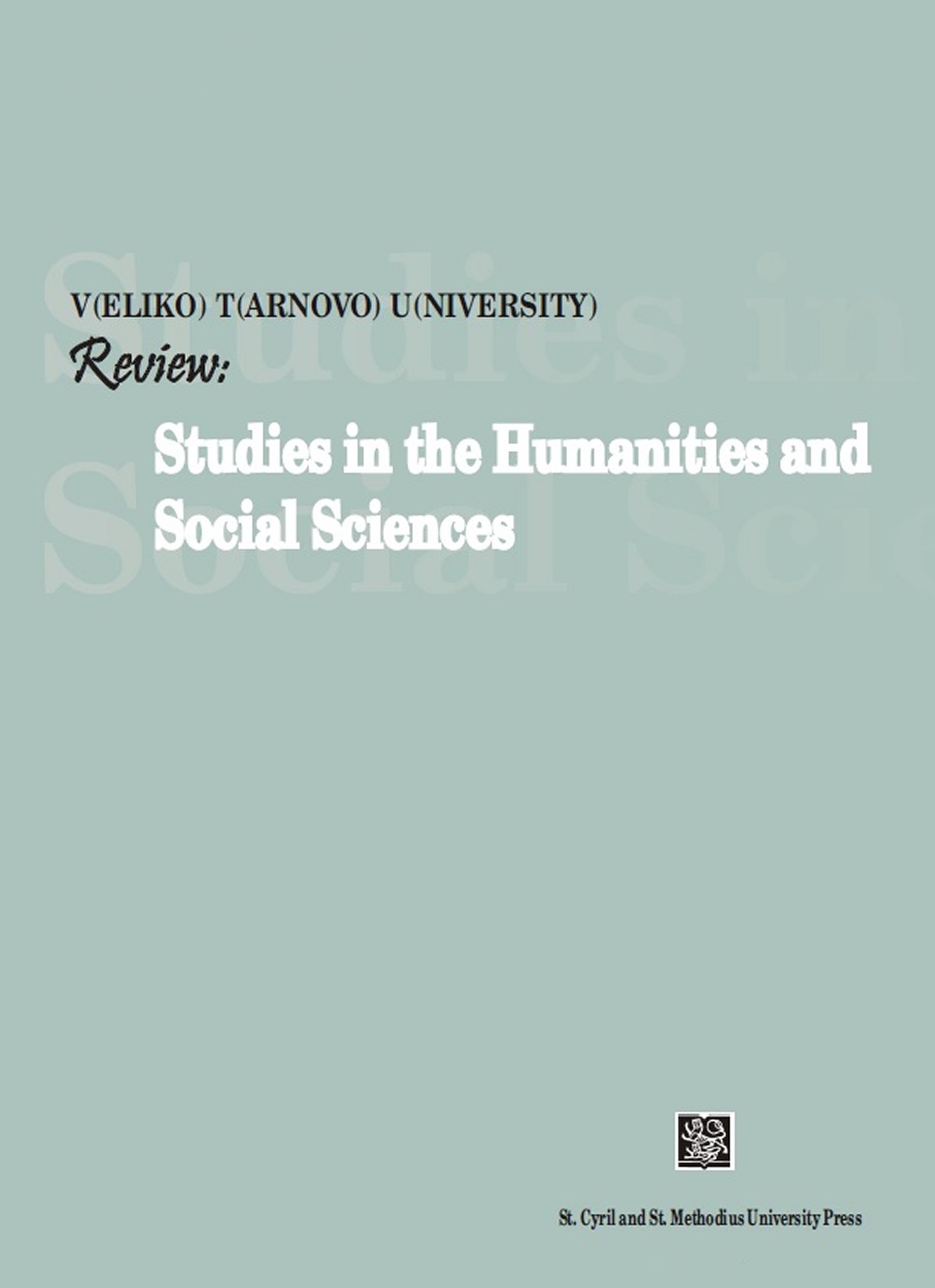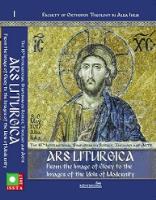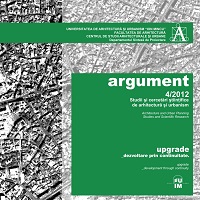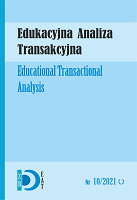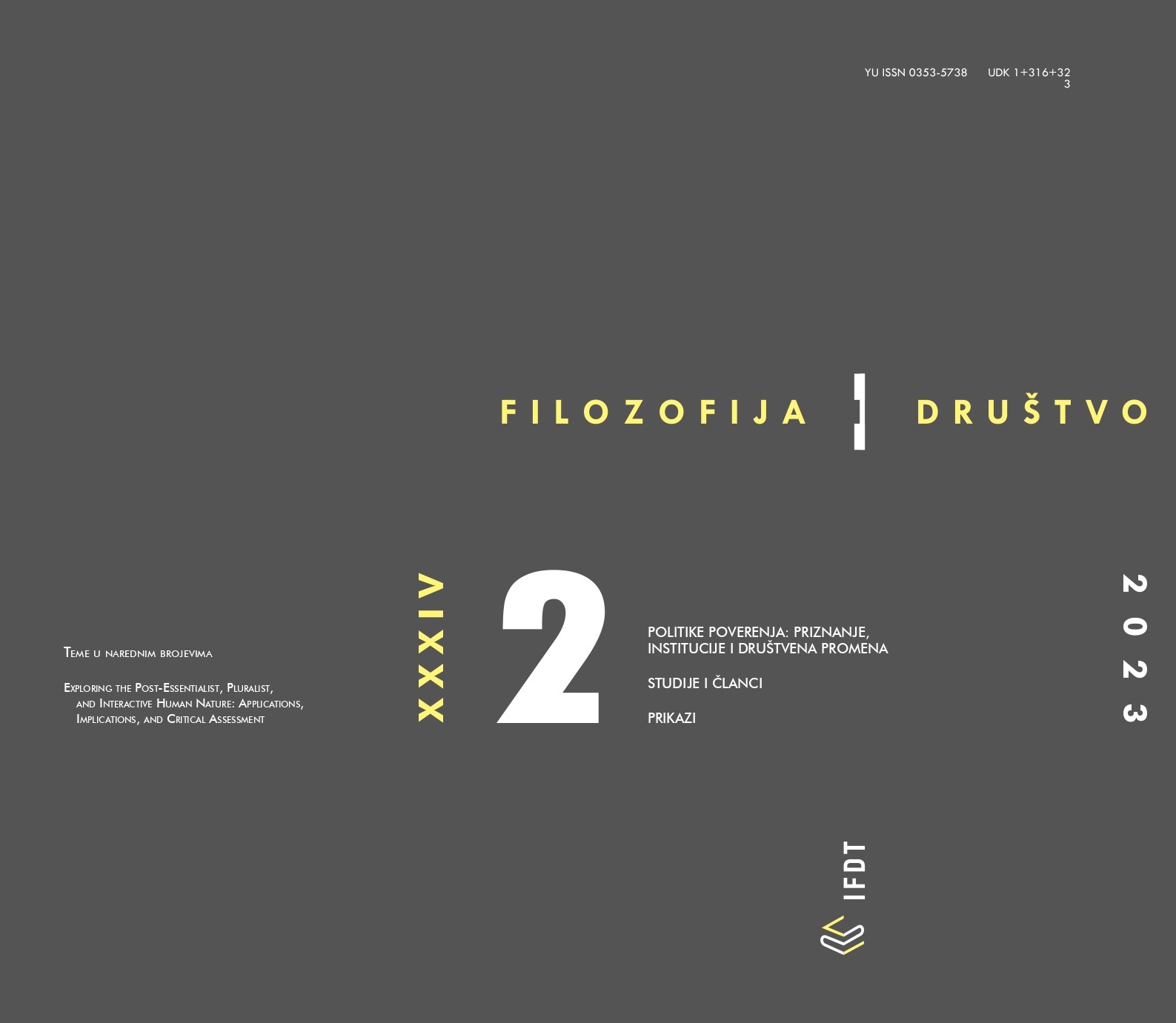FIN-DE-SIÈCLE MALAISE, URBAN GOTHIC AND THE CRISIS OF VALUE AND JUDGEMENT IN ARTHUR MACHEN’S “THE GREAT GOD PAN” (1894)
FIN-DE-SIÈCLE MALAISE, URBAN GOTHIC AND THE CRISIS OF VALUE AND JUDGEMENT IN ARTHUR MACHEN’S “THE GREAT GOD PAN” (1894)
Keywords: rhetoric of horror; epistemological deadlock
The Gothic as a genre has something ghostly and it has persistently and obsessively haunted the literary scene since its official demise in the 1820s. Arthur Machen’s “The Great God Pan” (1894) and The Three Impostors (1895) represent paradigms of late Victorian Gothic texts, which deal with the past and its legacy, cultural and biological inheritance, and feature the sometimes conflicting interrelation between science and myth. In the late Victorian context, these aspects hinge on the question of modernity, and appear as a direct response to the contemporary crisis of value and judgement, in the aftermath of evolutionist theories that postulated the risk of man’s devolution, and of sociological studies that saw the fin de siècle as decadent, as the twilight of civilization. Machen’s fiction repeatedly features the uneasy coexistence of modernity and the ancient Roman and Celtic past of Wales which never died and constantly threatens to resurface and destabilize the structure of modern civilized society. This is reminiscent of Freud’s famous theory of the unheimlich. In Machen’s fiction, London is mysterious, sinister and labyrinthine, harbouring unspeakable horrors beneath the reassuring surface of the everyday, the familiar and the commonplace. His texts testify to the loss of a real sense of direction and control both for the “flâneur” characters, and for the reader faced with the decentralised, interpolated, fragmented narratives which no longer feature a single consciousness or focalizer, or any genuine authoritative voice. Fin-de-siècle Gothic fiction is striking for its puzzle-like construction, its blanks, ellipses and representational problems. Indirection, reticence, the unsaid, linguistic incapacity represent the typical fin-de-siècle rhetoric of horror. This epistemological deadlock is a sign of the times, one of the symptoms of pervasive disintegration: of society, values and certainties.
More...
